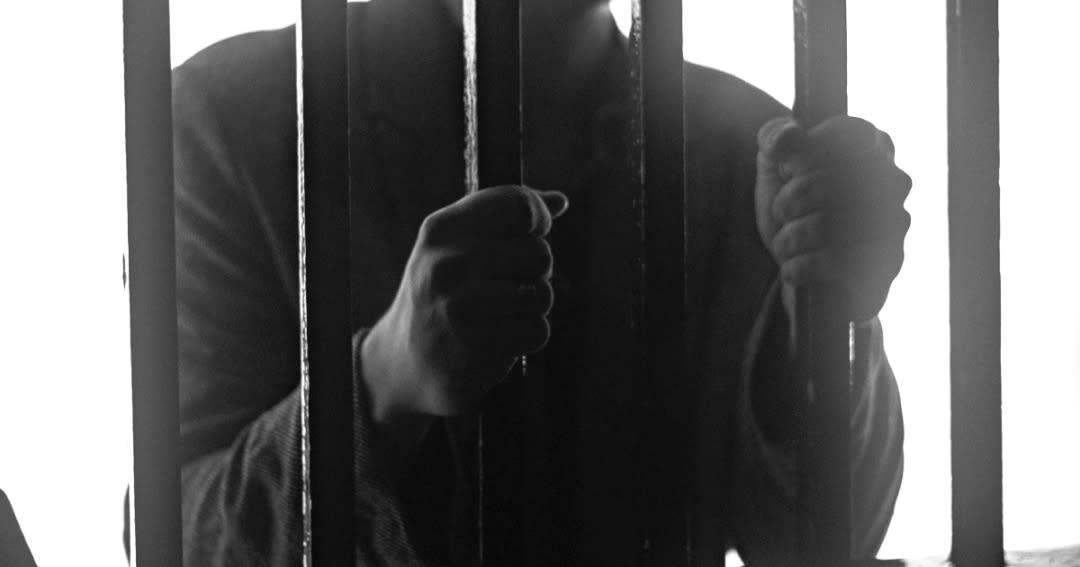Malaysia needs to have a clear policy on crime and punishment

In recent years, many citizens and residents have questioned Malaysia’s model and policy on crime and punishment.
The ‘crime and punishment model’ or ‘crime and punishment policy’ refers to the framework or approach employed by a society or government to address criminal behaviour. It encompasses the strategies, principles, and practices implemented to prevent, investigate, punish, and deter crimes within a community or country.
The specific elements of the crime and punishment model or policy can differ among countries, and even within different regions or states. It is shaped by cultural norms, societal values, and political priorities, with an overall objective to maintain social order and protect the safety and wellbeing of the community.
A definitive model or policy on crime and punishment is a must for any civil democratic society.
Many civil democratic societies have not done so, although their criminal justice system has evolved significantly over the years. The will to do so seems to be absent, as many in the system seem to be comfortable with their current status quo.
In addition, many elected representatives have almost no understanding of the philosophy. This commentary will provide a brief insight and understanding of the issue at hand.
A clear model or policy on crime and punishment ensures that laws are applied consistently and uniformly. It upholds the principle of rule of law, ensuring that individuals are treated fairly and equally under the law. This promotes trust and confidence in the justice system, as people have a clear understanding of what constitutes criminal behaviour and what consequences to expect.
Without a clear model or policy, decisions on crime and punishment may be left to the discretion of individual judges or law enforcement officials. This can lead to inconsistencies in how crimes are perceived and punished, resulting in unequal treatment of offenders. Such disparities may undermine public trust in the justice system and erode the credibility of democratic institutions.
A well-defined model on crime and punishment helps safeguard individual rights and liberties. It ensures that punishment is proportionate to the crime committed and avoids excessive or arbitrary measures. This prevents the abuse of power and ensures that everyone is treated in a just and humane manner, upholding the principles of human rights and dignity.
Without established guidelines, decisions on crime and punishment may be arbitrary and subject to personal biases or opinions. This can lead to unjust outcomes, including harsh or lenient punishments that are not proportionate to the offence committed. Arbitrary decision-making undermines the principle of fairness and equality before the law, which is crucial in democratic societies.
Having a clear understanding of the consequences of criminal acts helps deter potential offenders. When individuals are aware of the punishments they may face, it acts as a deterrent and may dissuade them from engaging in unlawful activities. A definitive model on crime and punishment also allows societies to implement preventive measures effectively, as they can focus resources on areas with a high likelihood of crime occurrence.
A clear model or policy on crime and punishment helps to establish a deterrent effect, as potential offenders are aware of the consequences they may face if they engage in criminal behaviour. Without such a model, the lack of certainty regarding punishment can diminish the deterrent effect, potentially leading to an increase in criminal activities.
A well-established model on crime and punishment emphasises the need for rehabilitation and reintegration of offenders into society. It recognises that punishment alone may not address the underlying causes of criminal behaviour and that societal reintegration can help reduce recidivism rates. By providing appropriate rehabilitation programmes, societies can aim to reform offenders, reduce the likelihood of re-offending, and promote social cohesion.
A definitive model or policy on crime and punishment also ensures consistency and transparency in the justice system. It helps avoid arbitrary or biased decision-making by providing clear guidelines and criteria for the application and imposition of punishments. This promotes trust in the justice system, as individuals can understand how and why certain punishments are assigned, enhancing legitimacy and fairness.
To mitigate these consequences, civil democratic societies often strive to establish comprehensive and transparent models or policies on crime and punishment. These models typically aim to ensure consistency, fairness, and proportionality in sentencing while also incorporating elements of deterrence, rehabilitation, and restorative justice.
In the case of Malaysia, Prime Minister Datuk Seri Anwar Ibrahim himself should take the initiative to lead and address the model or policy on crime and punishment and any other necessary reform of the justice system. He knows best as he experienced the criminal justice system first-hand from A to Z.
The views expressed here are the personal opinion of the writer and do not necessarily represent that of Twentytwo13.
The post Malaysia needs to have a clear policy on crime and punishment appeared first on Twentytwo13.


